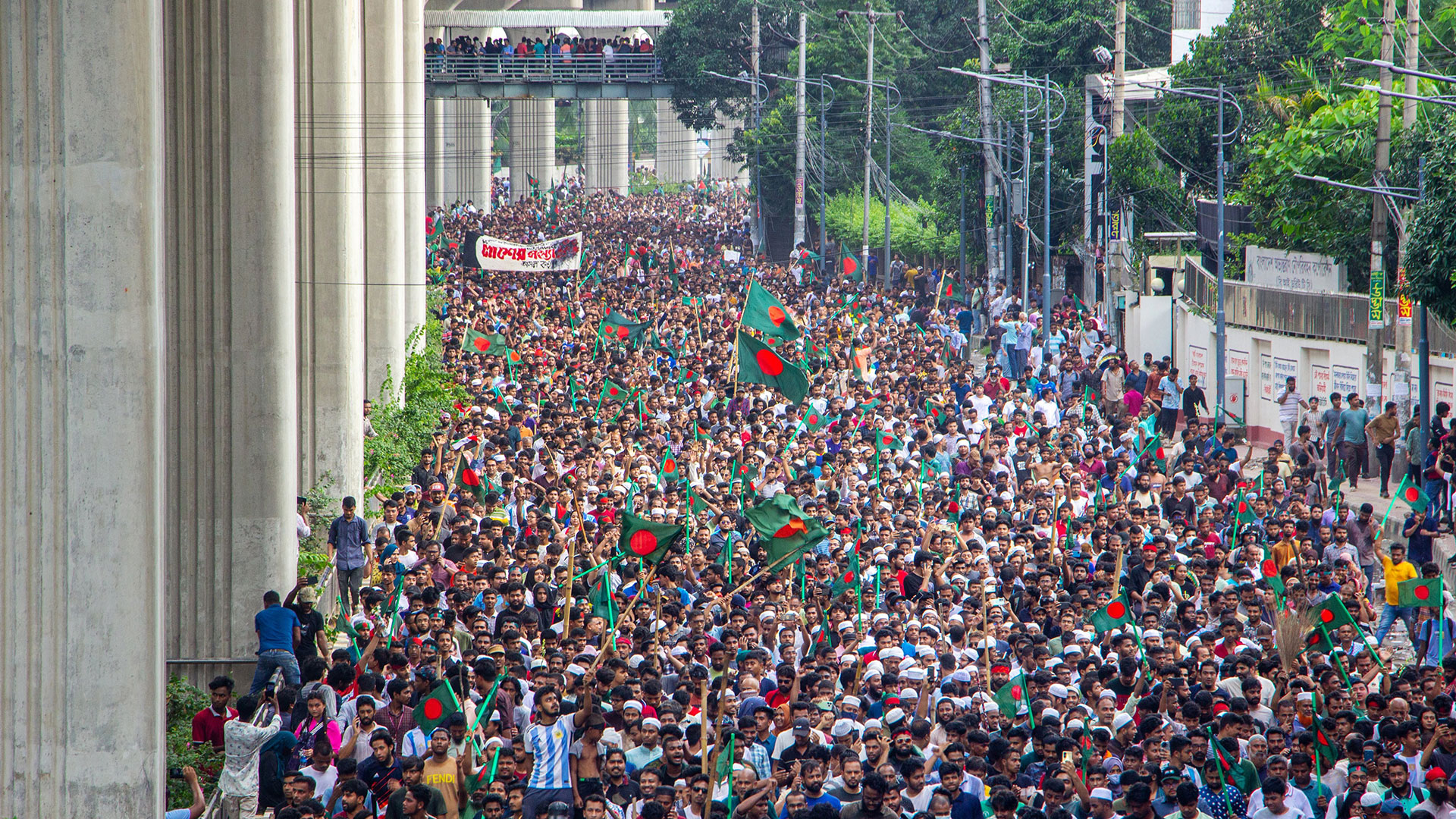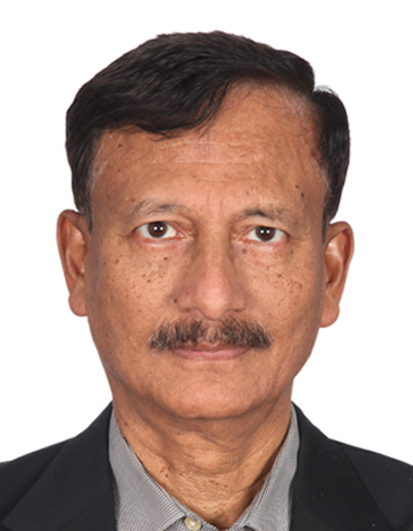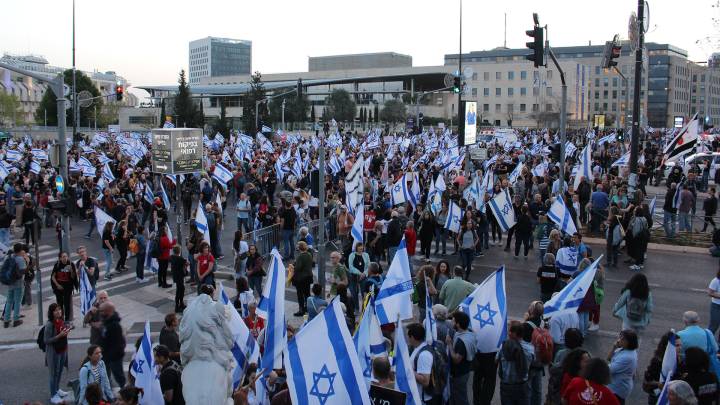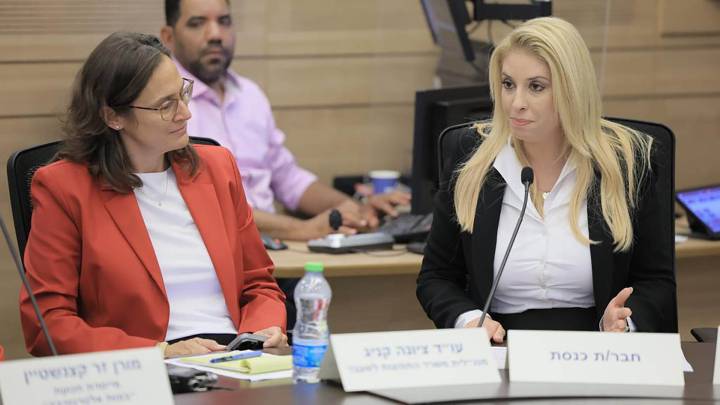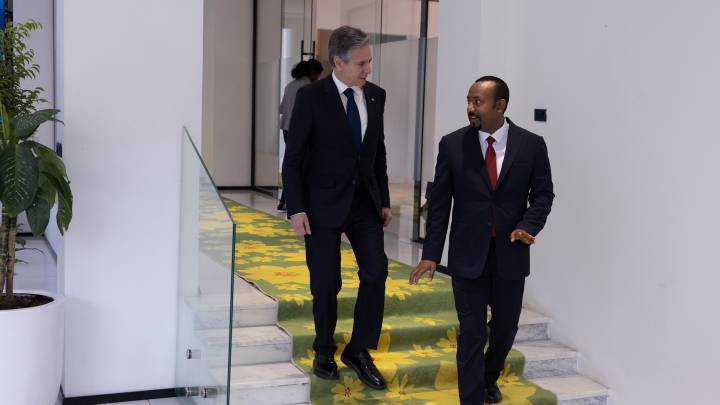Bangladeshi Foreign Affairs Adviser Touhid Hossain on the plans of Nobel Peace Prize winner Muhammad Yunus' interim government, why he is hoping for an apology from Pakistan and why he does not want to give away St. Martin´s island in the Bay of Bengal.
zenith: Bangladesh has just undergone a student-driven revolution. You have been a career diplomat for decades under various governments. Now you are heading the Ministry of Foreign Affairs. Very personally, how are you feeling?
Touhid Hossain: We have a responsibility to fulfill the dreams and expectations of the younger generation for good governance. We face a long list of tasks, and we have limited time to accomplish them—not five or ten years like elected governments. We want to complete our tasks as quickly as possible and then hold elections.
When are elections expected to be held in Bangladesh?
An exact date has not been set. However, the prevailing view is that after the complete collapse of the state institutions over the past 15 years, some time is needed to set them right. Some problems in our system have become evident, especially the tendency for elected governments to become increasingly autocratic over time. The public expects us to prevent this from happening again after the elections. This requires extensive reforms.
What kind of reforms are you referring to?
The banking system has been on the brink of collapse. This is due to a widespread system of non-performing loans—a form of state-sponsored theft, essentially. The boards of banks were often filled with cronies who systematically siphoned off the money. We need to deeply reform the system. The new head of the central bank is very capable, but his task will not be easy. Corruption exists everywhere in the world, even in the West. But there, it has consequences—thieves are punished if caught. Here, anyone with the right political connections enjoyed impunity. There is evidence that the political leadership also benefited from this system. This has to change.
In what other areas are reforms necessary?
Several commissions are currently working on areas such as reform of the police, the civil administration, the judiciary, the election system, the constitution etc. apart from the issue of corruption. We expect their reports in early January. Then, we will develop a reform roadmap, at the end of which the next elections will take place.
Will the Awami League of ousted Prime Minister Sheikh Hasina be allowed to run? Serious human rights violations occurred during her term.
One thing is clear: anyone who has committed crimes and is held accountable cannot simultaneously engage in politics. But these crimes must be addressed by the justice system, not by vigilantism. The government will not impose arbitrary justice. As far as I understand, the Awami League will have to renew itself to face the people. Those responsible for human rights violations will face legal consequences and thus, be unable to hold political office. Aside from that, I believe politics in the future would be open to everyone, including the Awami League supporters.
The Indian government under Narendra Modi was one of the key supporters of the Awami League. Sheikh Hasina has been staying in India since her flight from Dhaka. Bilateral relations are at a low point. What is your view on India?
Both India and Bangladesh recognize the necessity of a good working relations in their respective national interest. Exchanges are taking place at the ambassadorial level. Additionally, Prime Minister Narendra Modi and Chief Advisor Muhammad Yunus have spoken over telephone. I have met the Indian External Affairs Minister on the sidelines of UNGA. Further consultations will also follow. Unfortunately, there is public dissatisfaction with how the Awami League handled relations with India. We are interested in good relations with India, on the basis of mutual respect and sovereign equality.
Will your government request Hasina's extradition?
If the courts require her to appear here to face justice, we shall demand her return. That is the legal situation. Prof. Muhammad Yunus has made it clear that her statements from exile stirring instability are not in the interest of bilateral relations with India. He expects the Indian government to restrain her from making such statements while she remains there.
The Awami League recently signed several agreements with India in the area of connectivity. Will some of these agreements now be reviewed, or will they remain binding for the future?
We are talking about two different things here. Agreements are binding and must be upheld, although they can be discussed on mutual consent, if they are not working to the satisfaction of both parties. Memoranda of understanding, however, are not binding contracts and can be reviewed. We have nothing against connectivity, but our interests must also be taken into account.
How do you view relations with Pakistan, especially with regard to the long-overdue public apology for the crimes committed during the 1971 War of Independence, and how are relations with Islamabad developing?
Personally, I believe that a public apology from the Pakistani government would improve relations and foster better feelings among the population. However, it is not a prerequisite for fostering trade, for example. We are trying to establish stable relations with Pakistan.
And what about China?
We maintain very important economic relations with China. China is also the major source of our military hardware. However, over-dependence on one country is not always good. So we are trying to diversify our trading partners. Projects supported by China in Bangladesh will continue, but our government prioritizes smaller, more specific projects that place less economic stress and bring more immediate benefits. Nonetheless, our economic relations with China remain robust.
In connection with China, the crisis in Myanmar also becomes relevant again, particularly concerning the Rakhine State. Many Rohingya from there have already fled to Bangladesh.
We want the civil war in Myanmar to end and stability to return, especially in Rakhine, which is the home to 1.2 million Rohingya in camps in Bangladesh. The only solution to the problem is to create a safe environment in Myanmar so that the Rohingya can return to their destroyed villages with rights and security. China and the international community must pressure Myanmar and the Arakan Army to protect the Rohingya. China has good relations with both parties in the conflict. Bangladesh has done its duty, and we cannot take in any more refugees.
So Bangladesh still won’t join the UN Refugee Convention?
At this time, I don’t see any possibility of joining the convention. When the time is right, we will do so. Regarding the status of the Rohingya, we have taken them in as displaced persons from Myanmar. Once the situation allows, they should return, which is what the majority of Rohingya want, except for some criminals who are profiting from the situation. Unfortunately, no progress has been made on their repatriation in the past eight years.
How does the government plan to improve the dire conditions in the refugee camps near Cox’s Bazar?
The situation is very difficult, as a large number of people are housed in a limited space. Since it’s a border area, we also face issues with drug trafficking, arms smuggling, and human trafficking. We are trying to combat this, but corrupt elements are involved on all sides. We are strengthening the security forces in the camps and trying to curb cross-border smuggling.
Professor Yunus was recently in the US. Your government is said to have close ties with Washington. Will you give away St. Martin's Island in the Bay of Bengal to the Americans to build a military base, as some Indian media speculated during the crisis?
Neither we nor the Americans have made such a proposal, and the Indian media is creating a hype, like on many other issues. Our relations with Washington are very important, not only because the U.S. is the only superpower and our main export market. It is also one of the three largest sources of remittances, which play a crucial role in our economy. Our diaspora in the US includes almost a million people who not only contribute economically but also strengthen our interests in the US. Many Bangladeshis also study in the US. Relations suffered somewhat under the last government, and we are in the process of mending those.
The Nixon administration, under Secretary of State Henry Kissinger, supported the Pakistani forces in 1971, despite the horrific human rights violations in Bangladesh. How does this historical legacy still affect relations today?
It was a grave mistake by the US government, as the last 50 years have shown. However, we should not dwell on the past, but instead look forward and explore how we can benefit from our relations with the U.S. today. Of course, we condemn the role of the Nixon administration at the time, but that should not define our current relations. We should also not forget the significant support from the U.S. public during our liberation war, including key political and social figures who stood against their own government to support us.
Some German companies that have already invested in Bangladesh are currently unsettled. Are investments safe after the revolution?
There were some difficulties at the height of the revolution, but the situation is already much better today, and we are working to stabilize it further. We are in the process of creating a better investment atmosphere and I would encourage companies to continue investing in Bangladesh and starting new projects in promising areas. We have also appointed experts specifically to attract foreign investments. We hope that the EU and Germany will invest more, which will benefit both investors and our population by creating jobs and improving the situation.
Germany is an important trading partner for Bangladesh, with bilateral trade amounting to almost 10 billion U.S. dollars last year. What are your foreign policy priorities regarding Germany and the EU?
About two years ago, I wrote a monograph for Friedrich Ebert Foundation explaining how the EU, particularly Germany as a leading nation, can help us on our path toward a more just society through closer relations. The EU and Germany will play a central role in the coming years, especially in areas like labor and human rights, where our goals largely align. Progress has already been made, as evidenced by our recent accession to the UN convention on forced disappearance. Human rights activists are represented in our Council of Advisers. We are determined to meet the EU’s expectations and further develop Bangladesh toward a pluralistic and just society where human and labor rights are respected.
Bangladesh is set to graduate from the group of least developed countries, according to the UN. While this sounds positive at first, it also means that some tax advantages for exports to other markets, like the EU, will be lost.
We are working to meet the conditions for the European Union's Generalized Scheme of Preference Plus (GSP+) by 2029. We hope that by then, all the necessary reforms will be implemented, even though our interim government will not be in office at that time. However, we would like to ask the EU for some more time to fulfill the conditions
Md Touhid Hossain
